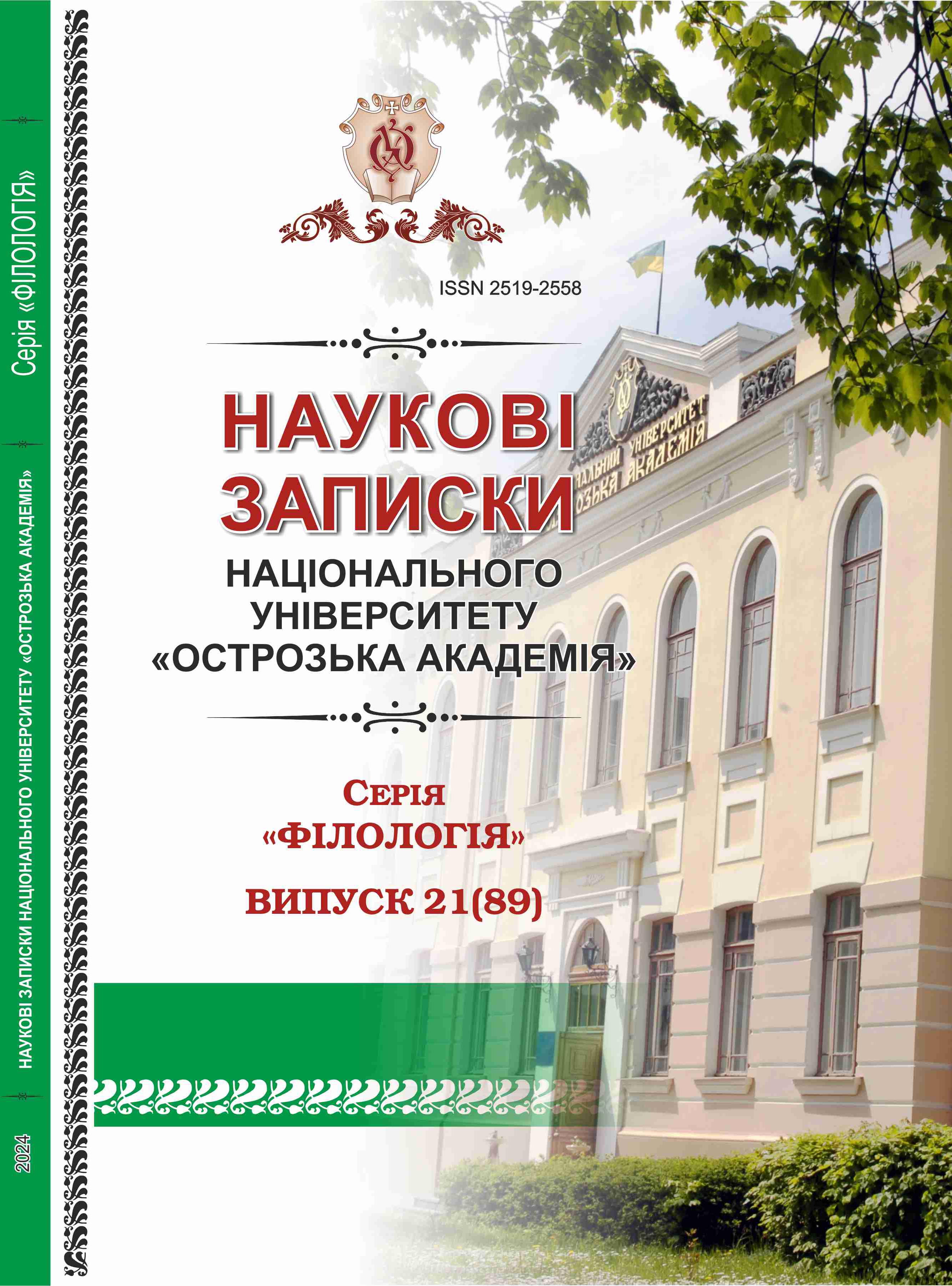EUPHEMISMS DURING WARTIME IN THE RHETORIC OF MASS COMMUNICATION MEDIA
Keywords:
rhetorical figures, veiled meanings, internet sources, spoken language, functions, structure, semanticsAbstract
The issue of euphemization has been the subject of numerous studies by Ukrainian and foreign linguists. However, a complete description of these linguistic figures is impossible, as new denominations and constructions are constantly produced in speech, veiling or softening the essence of realities for a specific purpose. Euphemisms have gained particular rhetoric and relevance against the backdrop of the Russian-Ukrainian war, where adversaries manipulate the consciousness of their citizens, using various psychological and linguistic means and techniques to conceal the truth or shift the emphasis.
The rhetoric of the publicistic texts of the northern neighbor is marked by means aimed at distorting reality, justifying military aggression, and mitigating the psychological effects of information perception. Such a linguistic approach is not linguistically novel. Linguistic practice has confirmed the correctness of researchers' views on the role of euphemisms in the rhetoric of mass internet communication tools in terms of manipulative influence on public opinion, as well as in the perception of speakers of current military realities.
The aim of the article is to describe and analyze euphemisms related to military topics (special operation, cotton, scholzing, to macron, negative takeoff, the S-400 complex got tired and lay down on its side, unplanned release of an aviation munition, follow the Russian ship, step of goodwill, negative growth, going into idleness, planned regrouping, immersion under water, negative birth, talks about important, negative resurrection, illegal interference of outsiders in the work of railway transport, certain categories of citizens etc.) actively used in online mass communication tools and live spoken language, in terms of their functions, structure, semantics, and to highlight their rhetorical specificity.
Euphemisms are used in speech with the aim of politely or softenedly conveying the essence of concepts that society imposes taboo on. It should be noted that, in addition, euphemisms can represent a certain hidden linguistic strategy aimed at creating a false perception of the true state of affairs and concealing the real negative essence of the portrayal. In doing so, the sender deliberately focuses the recipient's attention on positive aspects, concealing the negative. In this aspect, euphemisms related to military and political issues as propaganda stamps deserve detailed consideration and analysis.
The most important functions of these linguistic formations are veiling, rhetorical, preventive, elevating, and conspiratorial. In these functions, a specific reinterpretation of linguistic units is carried out, and they acquire softened and hidden meanings.
Among the dominant semantic processes that result in shifts and changes in the lexical meanings of the described words and phrases are metonymy based on the combination of reinterpreted borrowed proper names with antonomasia, complicated by word-forming formants; metaphorization, based on oxymoron; as well as specialization, caused by the action of meiosis and elevation.
The described euphemisms are not homogeneous in structure. They can be single words, constitute uncommon or common phrases. All three types of these euphemisms are functionally active both in mass communication tools and in live spoken language.

